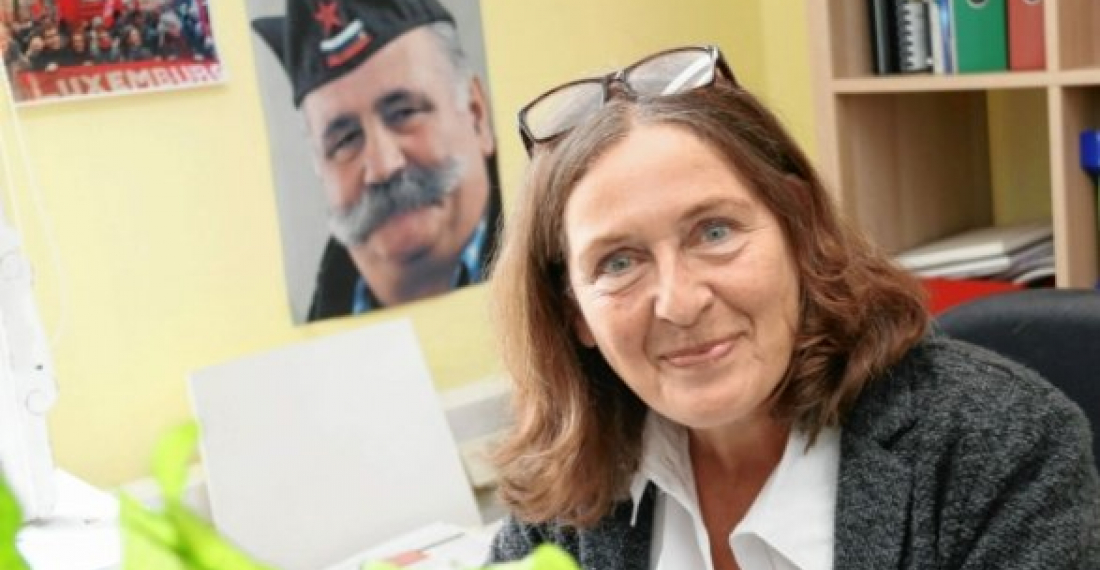The Communist Party has won municipal elections in Austria's second city, Graz.
They secured 29% of the vote according to current projections. This puts them ahead of the incumbent conservatives who lost 12% and won 25.7%.
“This result is indeed more than surprising,” Communist lead candidate Elke Kahr told broadcaster ORF.
While the Communist party won less than 1% in the federal elections, Graz is one of their few strongholds in Austria, where they already managed to gather 20% of the votes in 2017. The main reason for their success lies in their focus on local issues, especially housing policy.
During the campaign the party also scaled back on Marxist ideology and instead focused on the impact of their measures on citizens’ daily lives. The party especially managed to build a solid voting base through their housing emergency line, where they helped citizens with their daily needs concerning housing issues and gave them legal advice.
Dissatisfaction with the handling of the COVID-19 crisis was also a factor that played a role.
Austrian Chancellor Sebastian Kurtz admitted that he was very surprised by this result. "The fact that the communists can win elections in Austria, albeit regional ones, should make you think," he said.







